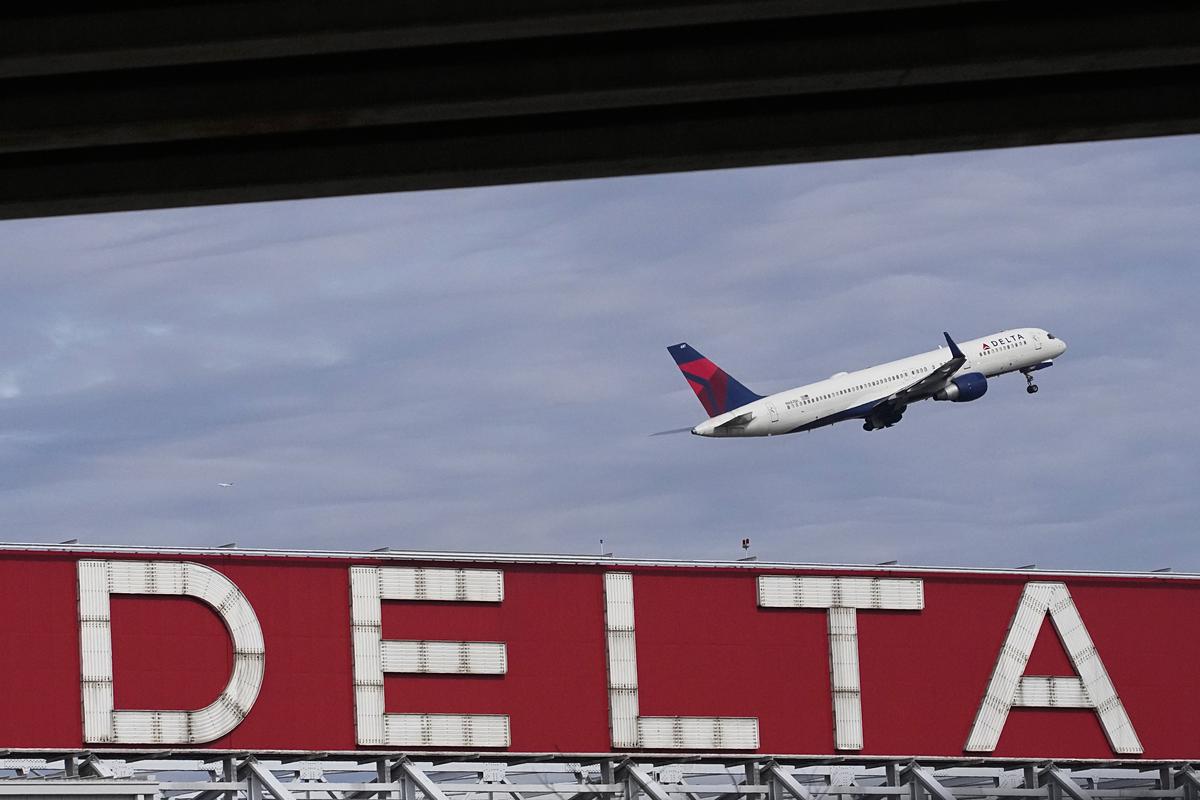
The climate lawsuit against Delta airlines
Delta Air Lines in 2020 marketed itself as the "world's first carbon-neutral airline". However, a lawsuit has been filed against Delta arguing that its claims were misleading and false.
The climate lawsuit against Delta airlines
Delta Air Lines in 2020 marketed itself as the "world's first carbon-neutral airline". However, a lawsuit has been filed against Delta arguing that its claims were misleading and false.
Delta relied on "carbon offsetting", a shorthand for a slew of ways companies can reduce or remove carbon emissions from the environment. Activities like planting trees, shifting to cleaner fuel and funding carbon capture techniques in theory balance out a company's carbon emissions. As per the Airline, to compensate for the CO2 emissions released during a trip, the customers have to pay extra to participate in "green flying".
The lawsuit against Delta is based on reports of loopholes in its offsetting process, such as: inaccurate accounting of projects where reductions would have occurred regardless of carbon market, failure to immediately offset emissions, relying on impermanent solutions (building projects, forests) that may be destroyed.
Cases like this have happened before with airlines before as well. Instead of making misleading assertions, airlines should focus on decarbonising commercial aviation, with the help of sustainable aviation fuel, hydrogen, and full-electric propulsion techniques.
The offset market has been criticized for appealing to climate consciousness without real effort or impact. Research shows that reforestation as a climate adoption programme is ineffective and misleading. They failed to sequester carbon in the first place, or the gains made were quickly reversed.
Another concern is the problem of green washing, where big polluters continue to use fossil fuels and opt for a cheaper route to cutting emissions by way of offsets, all while middle and low-income countries struggle with climate realities. Offset programmes work only when they remove or reduce carbon emissions that would've have been eliminated otherwise.
As of now, the Clean Development Mechanism is the world's largest offset program. It is a product of Kyoto Protocol, which was adopted in 1997. Under this program, financially-reliant nations offer incentives towards developing countries to put into place projects which reduce greenhouse gases.
